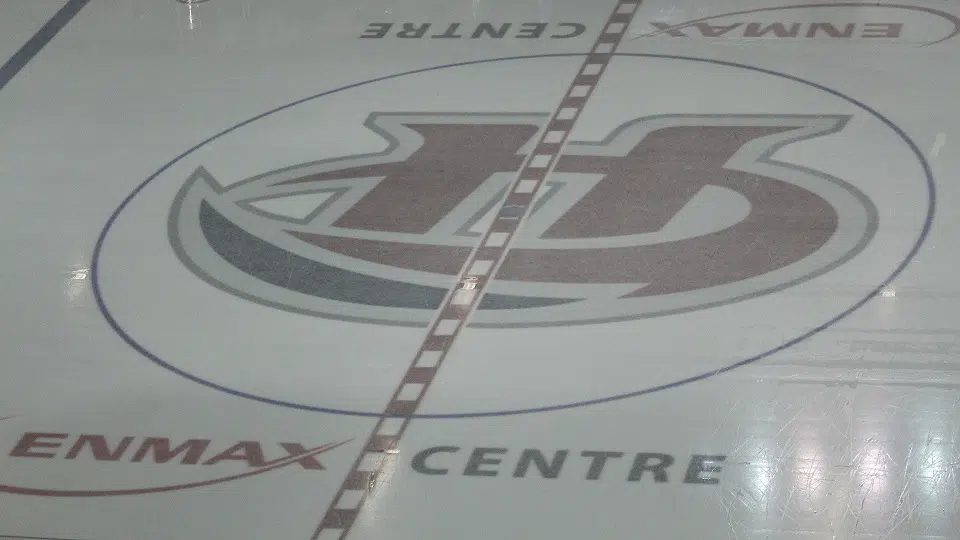
WHL teams could be at risk if class-action lawsuit were to succeed, including the Lethbridge Hurricanes
LETHBRIDGE – Western Hockey League Commissioner Ron Robison says the ruling by Alberta’s highest court on Tuesday, May 15, that a class-action lawsuit against the league can proceed with the players involved would have a devastating impact on all teams regardless of if they’re privately owned or community owned.
The suit contends that players have been paid less than the minimum wage – as little as $35 per week for between 40 to 65 hours of work – and it’s asking for back wages, overtime and vacation pay.
In a statement, the WHL responsed that the plaintiff’s claim fundamentally misunderstands the nature of amateur sport, including major junior hockey. They believe their players are not employees but amateur athletes, and they believe their case is strong.
“What the claim represents, the fact that we would have to potentially pay minimum wage to the players on top of the current benefits package they receive, would make it virtually impossible for teams to continue to operate,” Robison says.


